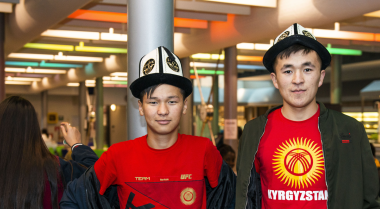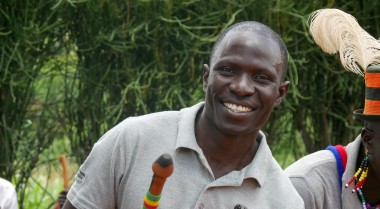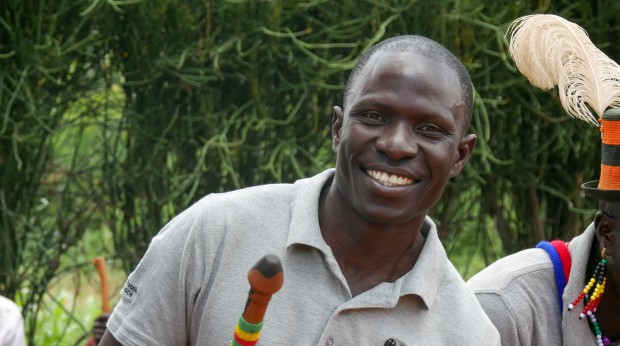
Youth at the Forefront of Peacebuilding
Today marks the 4 year anniversary of United Nations Security Resolution 2250 on Youth, Peace, and Security, a historical resolution that sheds light on the positive role that youth play in peacebuilding. The resolution urged all Member States and relevant actors to ensure a meaningful contribution and participation of youth in the peace and security agenda. On a day like this we encourage everyone to remember the importance and significance of UNSCR 2250 and the positive changes that youth bring to the prevention and resolution of conflict around the world.
Today we encourage everyone to remember the importance and significance of UNSCR 2250 and to praise the positive changes youth is making for peace
Despite the fact that 1 in 4 young people around the world are affected by violent conflicts, youth are often blocked from positively contributing to their resolution. This is due to the common perception and stigmatization of youth as either passive victims or violent perpetrators. Such stereotypes deny youth’s role and their positive contributions to creating sustainable peace. The work that young people and youth-led civil society organisations do has, however, been recognised by the Missing Peace: Independent Progress Study on Youth, Peace and Security, as integral to peace and security.
Youth: Paramount for Peace
Youth has been one of GPPAC’s priorities from as early as 2005. At GPPAC we actively strive towards empowering youth in their capacity to act as leaders, partners, and agents for peace. In May 2019, we adopted our first Youth Policy, which aims at mainstreaming youth across the GPPAC network. Throughout the years, we have worked with many young people across the globe to empower them to make change. In 2017, GPPAC and La Paz Querida launched a project to promote intergenerational dialogue to empower Colombian youth to change the culture of violence to a society of peace. By holding intergenerational dialogues in local communities, the project managed to build trust within these communities and improve the participants’ capacities to bridge divides and recognize the importance of conflict resolution. Through this project youth were empowered to participate in influencing policy at national level.
Peace Champions in Uganda
More recently, GPPAC and CECORE in Uganda have been transforming youth in Uganda to become peace champions in their communities in a project titled “Building peace through young adult peace champions in post-conflict communities - to prevent youth radicalization in Uganda”. These young peace champions are ex-combatants and ex-warriors who pave the way towards peace for their peers by transforming their attitudes. Watch these inspirational young peacebuilders talk about their experiences as agents of change in this video:
3..2..1.. Action for Peace in Kyrgyzstan
GPPAC has also been actively working on a project in Kyrgyzstan, where border disputes and internal tension along ethnic, gender, social, and urban-rural divides are common; youth feel disempowered and marginalised. The project “Cameras in Hands: Transformation and empowerment of Kyrgyzstan girls and boys” was implemented together with our Kyrgyzstani member FTI in cooperation with MEND and funded by the UN Peacebuilding Fund, in order to empower youth to raise their voices. The project worked with the participatory video methodology which has proven to be a powerful tool for creating peace and bridging divides in Kyrgyzstan and beyond. Watch Melis, a young agent of change talking about his experience in the project:
The project demonstrated the positive role that youth can play in peacebuilding. Following their participation in the project, the children feel empowered and able to actively influence decision-making processes. They are now actors of change, fostering an understanding about the ‘other’ as well as gender stereotypes and other societal issues. The children have also taken it upon themselves to spread this message of tolerance by passing their knowledge and skills on to their peers, thus paving the way for a new wave of young peacebuilders.


